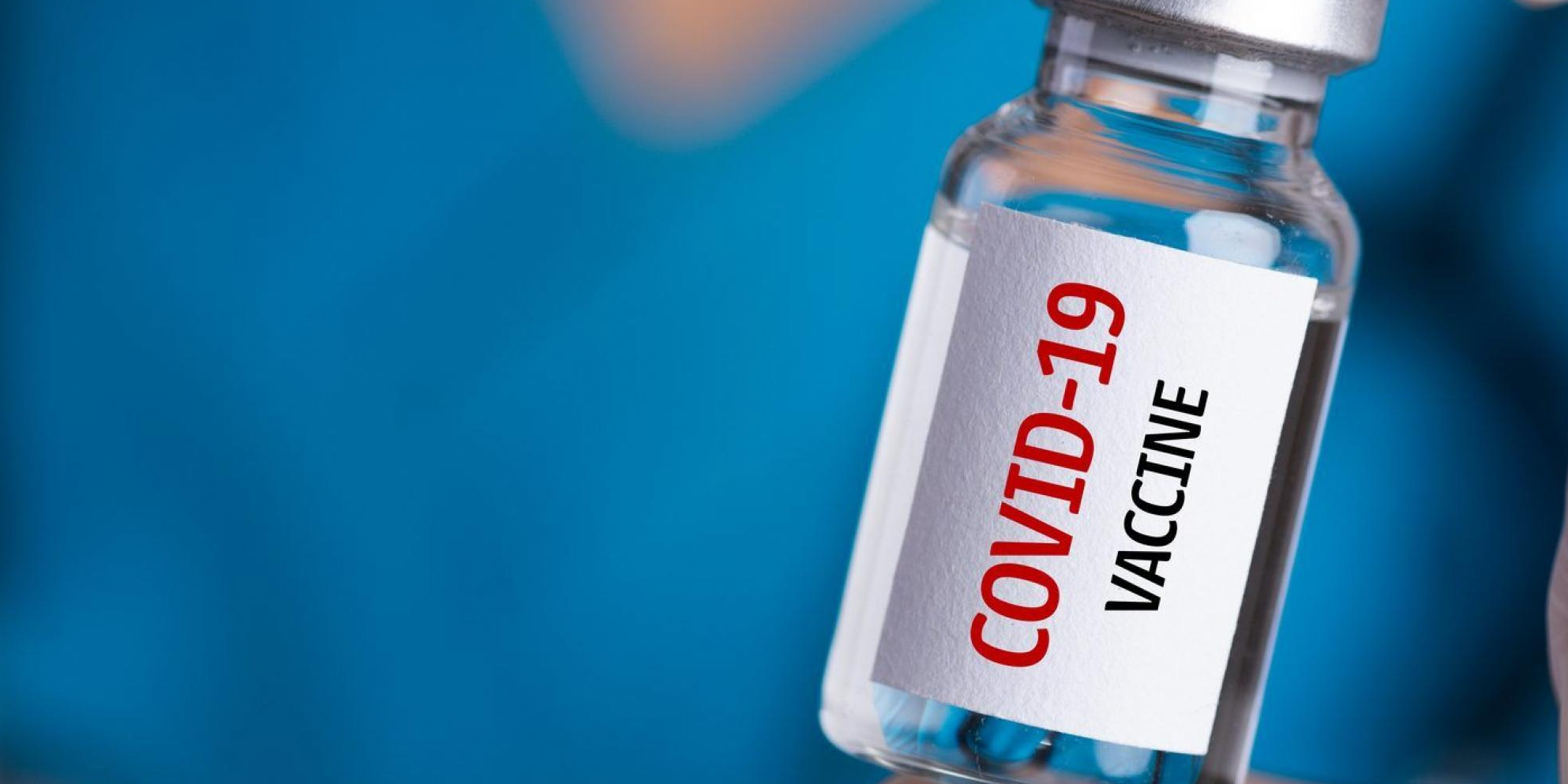The Moderna COVID-19 vaccine is more effective in protecting against hospitalisation compared to Pfizer and Johnson&Johnson, according to findings of a study released by the US Center for Disease Control and Prevention.
The study was carried out between March and August this year and involved more than 3600 hospitalised COVID-19 patients at 21 hospitals located in 18 states.
The report which was published in the CDC Morbidity and Mortality Weekly Report on Friday shows that Moderna offers 93 percent protection against hospitalisation, while Pfizer offers 88 percent. The J&J vaccines offer 71 percent protection.
The Pfizer and Moderna vaccines both use the same RNA technology to deliver immunity. According to the team that carried out the research, the differences in protection of the two vaccines that are both produced in the U.S is due to differences in mNRA content and also the duration between the first and second dose.
“Differences in vaccine effectiveness might be due to higher mRNA content in the Moderna vaccine, differences in timing between doses or possible differences between groups that received each vaccine that were not accounted for in the analysis,” the team wrote.
The Pfizer vaccine is administered three weeks apart while Moderna’s second dose is administered four weeks after the first one.
Uganda is set to use all three vaccines that were involved in the study. This month Uganda received its first consignment of 647,080 doses of the Moderna vaccine donated by the U.S government. A consignment of 9 million doses of J&J and is also expected to arrive in the country any time soon through the African Union. On Monday, the country is scheduled to receive over one million doses of the Pfizer vaccines.
The vaccines require to be stored at -20 degrees Celsius and as such according to health ministry officials will likely be used in urban areas and not far to reach rural districts.
According to the health ministry, the vaccines will be used to vaccinate teachers and learners aged 18 and above ahead of school re-opening.
Dr. Alfred Driwale, the programme manager of the Uganda National Expanded Programme on Immunization in March during an interview told Uganda Radio Netowrk (URN) that the varying levels of efficacy for the different vaccines should not be a cause for worry.
” All vaccines that are able to offer protect above 50 percent meaning atleast 50 people out of every 100 that receive it are protected. Luckily, we don’t have any vaccine that has showed this rate of protectiveness so far. These vaccines protect against hospitalisation but do not stop people from getting infected. So no matter the level of effectiveness, all vaccinated persons still need to continue wearing their masks,” said Dr. Driwale.

